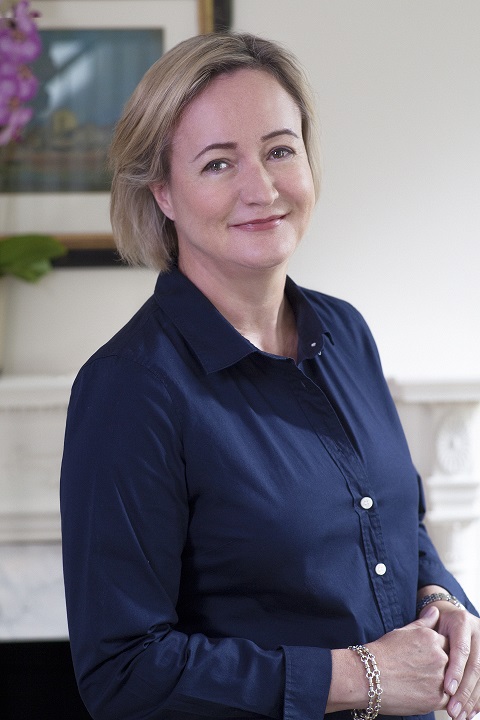An interview with Helen Simonson, author of ‘The Summer Before the War’

Brooklyn Heights resident and acclaimed author Helen Simonson sat down with the Brooklyn Eagle to discuss her long-awaited second novel, “The Summer Before the War,” which takes place before and during WWI. (Book review here.) Here are some of her comments.
Helen Simonson: The way I see it, the book is in three parts: It starts with the very important concerns of my characters that [very idyllic] summer. Beatrice Nash — how is she going to survive without her father? Will she be able to afford an independent life? We have the two young men, who are nephews of Agatha Kent, trying to fathom their careers. We have Agatha trying to make her progressive way and get things done in town the way she likes. It’s really about what people think is important. And then the war breaks out. And people start to be tested.
In the second part of the book, war breaks out. But it doesn’t happen like in the movies, with a declaration of war, and then everybody on a train to the front. There is a lot of patriotism, all the fun and flags, all the excitement, the war having a crispness . . . And now life has shifted somewhat and people are called upon to reevaluate under this new scenario.

Brooklyn Heights
View MoreRead the Brooklyn Height's Press and Cobble Hill News. Find out more about Brooklyn Height's History here.